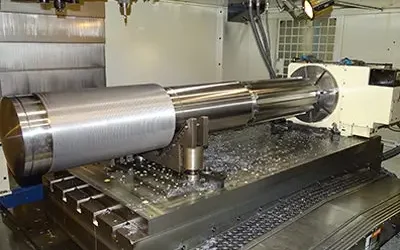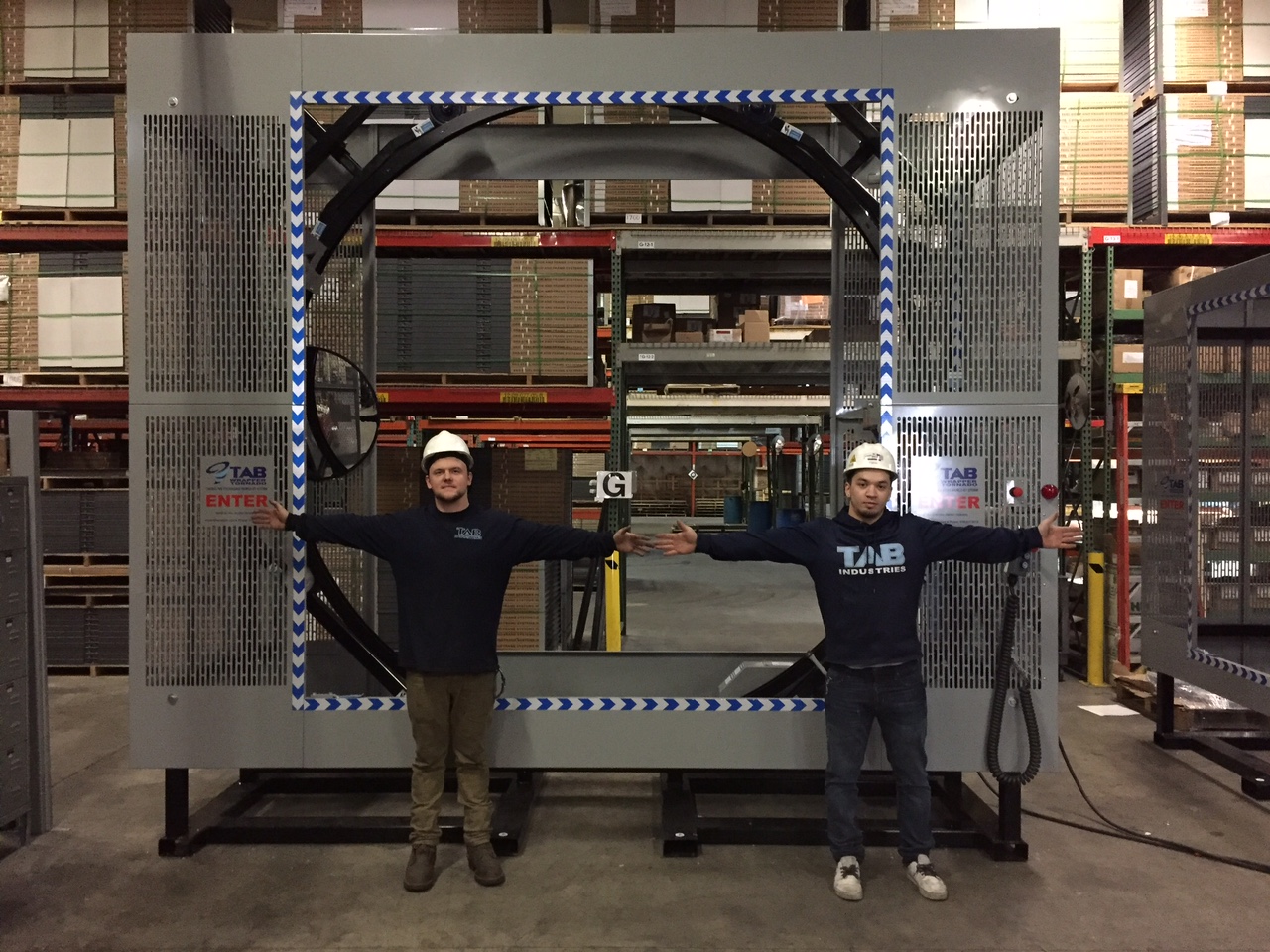For some shops, it’s nearly impossible to create precision aluminum alloy parts in a cost-effective way. In fact, there are three main problems when it comes to aluminum machining. Let’s take a closer look at these issues to give you some solutions.
Problem Number One – Sticking
Even aluminum alloys like 6061 T6 (which are not hard to machine) can cause problems because the chips tend to stick to the cutting surface. This can wreak havoc with precision cutting processes. For example, chip buildup causes tools to dull quickly, and you’ll need to sharpen or replace them often.
Solution
Carbide or carbide tipped cutting tools can get rid of many kinds of chip buildup problems. However, for high-speed aluminum machining, you should use coarse grain carbide, and not sub-micron. Sub-micron carbide has a lot of cobalt, and high-speed machining creates heat, causing the aluminum cuttings to bond to the cobalt and stick to the cutting surface.
Problem Number Two – Slow Chip Removal
During the cutting process, chips can easily build up, and this adds to the problem of sticking. You need a way to remove the chips as quickly as possible.
Solution
Tool coatings are very important. In fact, coatings applied with a PVD process can cause chip buildup. This includes titanium coatings like TiN and TiCN. These materials are rougher than aluminum which can cause sticking and form a chemical reaction which causes chips to stick to the cutting surface. For best results, use diamond or uncoated carbide tools.
Problem Number Three – Cutting Tool Breakage
During high-speed aluminum machining, some tools can easily break.
Solution
Use cutting tools with fewer (as opposed to more) flutes. Also, coarse grade cutting tools (kept sharp) can extend tool life and limit breakage issues. Choosing a machine shop that specializes in aluminum machining is a good option too.







